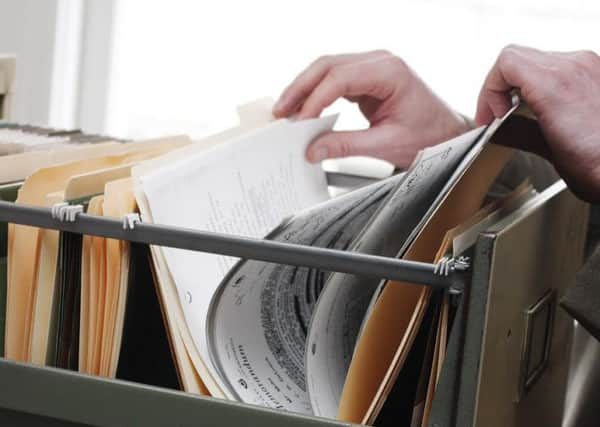Sweeping restrictions on the right to know being considered as part of government review


A commission set up by government ministers is considering sweeping restrictions to the legislation – raising concerns among the media, pressure groups and charities.
These changes may include charging people who make requests under the act, for information from councils, the police, the Government and other public bodies.
Advertisement
Hide AdAdvertisement
Hide AdThe Commission for Freedom of Information is considering whether the charges should be made in the same way as in countries like Germany, New Zealand and Ireland.
And it is also looking at whether public bodies’ internal discussion should be made more difficult to obtain.
This week, the commission invited the public to submit evidence to its consultation document as it considers the future of the Freedom of Information (FOI) Act and how it should be enforced.
At least one member of the five-person commission, Jack Straw is a well-known critic of the act, even though he was a member of the Labour government which oversaw its introduction.
Advertisement
Hide AdAdvertisement
Hide AdAnd in his memoirs, former prime minister Tony Blair described himself as “a naïve, foolish, irresponsible nincompoop” for introducing the FOI law.
Last month more than 140 media and campaigning organisations – including Johnston Press our publishers – signed a letter to David Cameron expressing grave concerns about the commission’s membership and its intentions.
The director of the Campaign for Freedom of Information’s, Maurice Frankel, said some of the options being considered “could mean that a public authority’s internal discussions would remain secret for decades even if they revealed that critical mistakes had been made, inconvenient evidence had been ignored or poor decisions taken to satisfy commercial or other lobby groups”.
He said the effect of charges would be to prevent individuals and journalists from making legitimate requests for information on many matters of public interest.
More on the commission’s call for evidence: